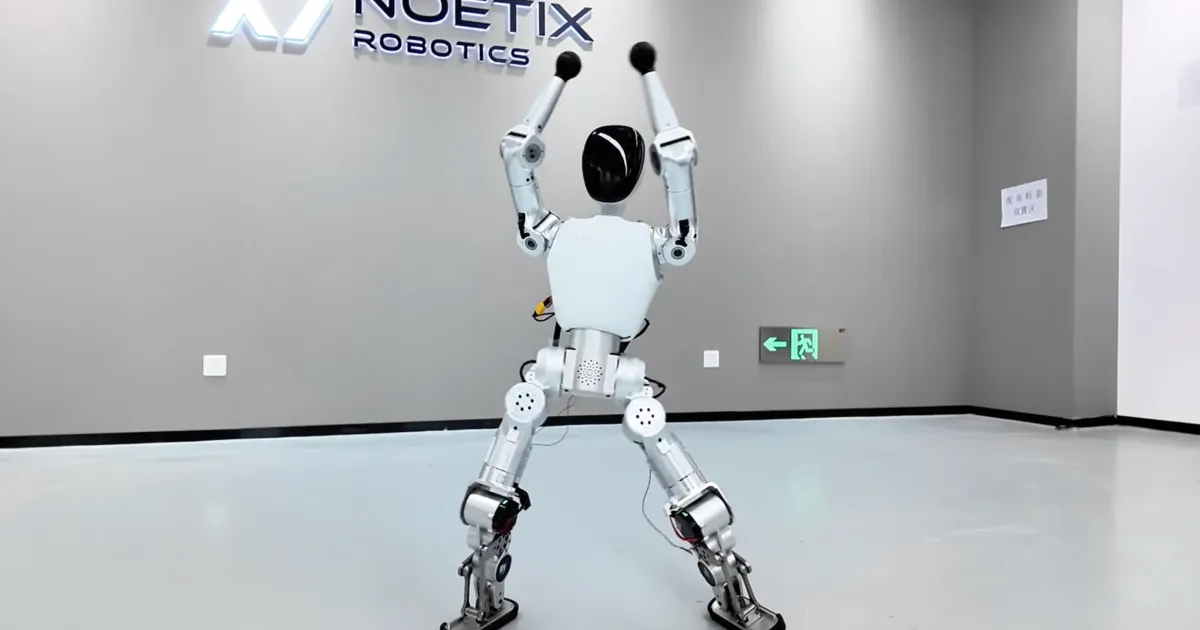Copyright Digital Trends

There’s another humanoid robot in town, and it comes with an astonishingly low price tag. Announced just recently by Chinese startup Noetix Roobtics, Bumi stands at 94 centimeters and when it goes on sale later this year will cost a mere 10,000 Chinese yuan (about $1,370). In the video at the top of this page, you can see Bumi pulling a few dance moves to show off its agility and balance, though admittedly it’s more Elon Musk than Michael Jackson. Tipping the scales at 26.5 pounds (12 kg), the humanoid robot has been designed for education and home use, according to TechNode. For example, Bumi will enable beginners to learn coding and robotics through drag-and-drop graphical programming, and create activity sequences or reactions to commands. While it’s not the most advanced humanoid robot we’ve seen, its price — a little more than many flagship smartphones — makes it more affordable than ever for enthusiastic tech tinkerers, and is hopefully an indication of growing affordability for future, more advanced humanoid robots. The humanoid robot market is currently experiencing rapid expansion, with substantial growth expected over for the next decade. Startups and more established firms are investing large amounts of money in the race to become the first to mass produce an advanced humanoid robot capable of working alongside humans in industrial settings, or performing tasks in care homes and other healthcare environments. Hospitality is another sector in which the robots could prove useful. Some companies are also testing out the idea of incorporating humanoid robots into the home, with American firm Figure recently unveiling its own design capable of carrying out various tasks such as folding laundry, cleaning up, and even serving drinks. But before mass adoption is realized, engineers will need to further improve robotic performance, particularly when it comes to handling objects, an area on which U.S. firm Boston Dynamics has recently been focusing. Breakthroughs are expected in the coming years, propelled by fast-developing technologies such as AI, which can help robots to process information and learn new skills more efficiently. As for Bumi, it’s not yet clear if Noetix will sell its humanoid robot globally or market it exclusively for the Chinese market. We’ll update here just as soon as we learn more.



